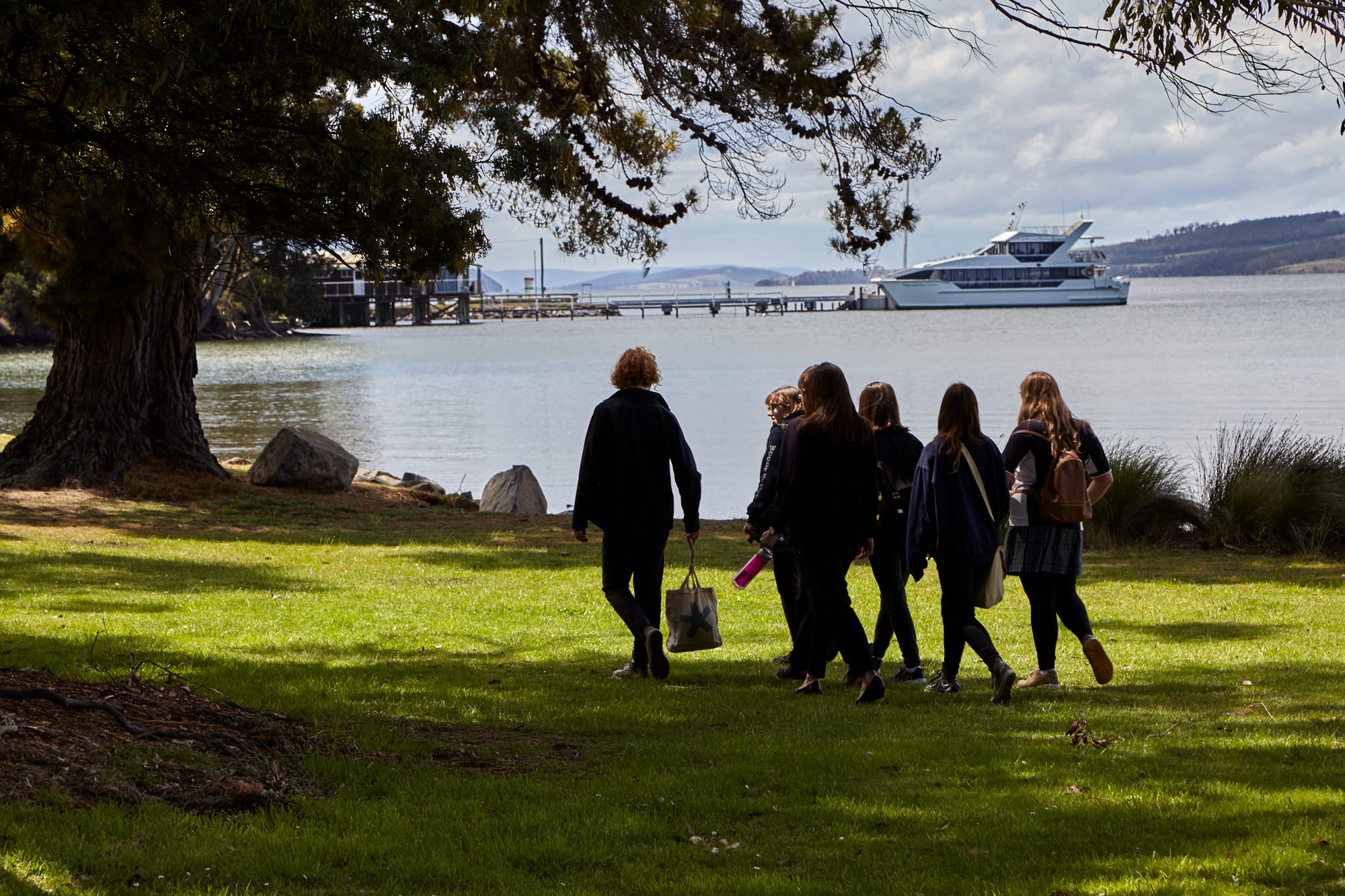On this page
Download this Fact Sheet:
Fact Sheet: Understanding disordered eating (3.1 MB, PDF)
What is disordered eating?
Disordered eating may include food restriction, excessive exercise, laxative use, preoccupation with body weight, extreme fussiness with food or bingeing (eating large amounts of food in a short period) and purging (vomiting or using laxatives).
Disordered eating shares many symptoms and behaviours of eating disorders but at a lesser frequency or lower level of severity. However disordered eating can negatively impact a child or young person’s physical and mental health and is a significant risk factor to the development of an eating disorder.
It can affect people of all ages, genders, ethnicity, sizes, shapes, abilities and socioeconomic backgrounds and significantly impact functioning across multiple areas of life (physical, emotional, cognitive, social, educational).
As an educator, it’s not your role to manage disordered eating of a child or young person you may be concerned about.
Understanding disordered eating and the associated warning signs, as well as understanding how to seek support if you’re concerned, is a great start to help you better support children and young people.
Early identification and intervention have been shown to be critical in achieving the best outcomes for disordered eating, particularly for young people.
What are the warning signs?
Each child or young person may display different warning signs, which may be behavioural, physical or emotional.
Possible warning signs include:
noticeable change in attitude/performance in the classroom
- difficulty concentrating in class
- frequently expressing body image complaints/concerns
- being extremely sensitive to comments about weight, shape, eating and exercise
- talking about or engaging in dieting and a preoccupation with food
- eating alone or avoiding eating food with others in school hours
- changes in exercise or training behaviours (mainly increases in volume or duration, exercising through injury or illness) with the focus on weight loss or body shape change
- appearing or expressing sadness, depression or anxiety
- experiencing other mental health issues
- experiencing physical symptoms such as fainting or dizziness, tiredness, feeling cold even in warm weather
- being the target of weight-based or other bullying (online and face-to-face)
- changes in weight
- appearing withdrawn and reluctant to ask for help (or avoiding drawing attention to self).
It’s important to be mindful that a person's size, shape or weight alone is not an indicator of whether someone is engaging in disordered eating behaviours and attitudes.
What can I do if I'm concerned about a child or young person?
It’s important to explore your concerns, as evidence shows early intervention can help achieve the best outcomes for children and young people.
A good place to start might be contacting your learning community’s wellbeing team or guidance counsellor. Or you can contact the Butterfly National Helpline 1800 33 4673.
Remember, it’s not your responsibility to manage a student experiencing disordered eating - only to support them.
-
Bibliography
American Psychiatric Association. (2013). Diagnostic and statistical manual of mental disorders (5th ed.). Washington, DC: Author.
Butterfly Foundation. (2012). Paying the Price: The Economic and Social Impact of Eating Disorders in Australia.
Jacobi C, Hayward C, de Zwann M, Kraemer HC, Agras WS. (2004). Coming to terms with risk factors for eating disorders: Application of risk terminology and suggestions for a general taxonomy. Psychological Bulletin, 130, 19–65.
Madden, S., Morris, A., Zurynski, Y. A., Kohn, M., & Elliot, E. J. (2009). Burden of eating disorders in 5-13-year-old children in Australia. The Medical Journal of Australia, 190, 410-4.
Mental Health First Aid Eating Disorder Guidelines (2013).
National Eating Disorder Collaboration website: https://nedc.com.au/eating-disorders/eating-disorders-explained/types/bulimia-nervosa/
Vinkers, C., Evers, M., Adriaanse, M. & de Ridder, D. (2012). Body esteem and eating disorder symptomatology: The mediating role of appearance-motivated exercise in a non-clinical adult female sample. Eating Behaviors, 13, 214 – 218.
-
External links
Butterfly – National Helpline
National Eating Disorders Collaboration – Disordered Eating and Dieting


